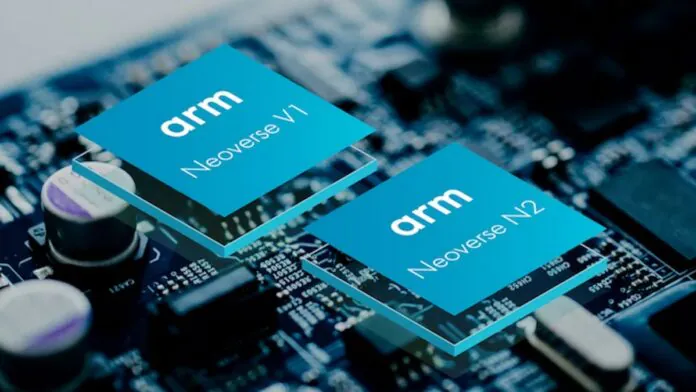© ROOT-NATION.com - Use of content is permitted with a backlink.
ARM has announced a number of steps that will pave the way for its further conquest of the server processor market. This week, the company announced that ARM-based Ampere processors, powering Microsoft Azure servers and virtual machines now meet SystemReady standards. This means that software developed to the same specification is guaranteed to function properly in Azure ARM-based cloud environments, which is an important factor for developer teams.
ARM-based processors have traditionally been used primarily in smartphones and IoT endpoints because of the high power-to-performance ratio they provide. Meanwhile, the Intel x86 architecture dominated the server and workstation market.
However, ARM has recently begun paving the way in data centers with its Neoverse platform, which now outperforms many performance-focused chips. Cloud vendors such as AWS and Alibaba have also found the benefits in ARM-based proprietary silicon development instead of relying solely on Intel Xeon and AMD x86-based AMD EPYC processors. There is reason to believe that companies such as Microsoft and Meta will soon follow suit.

Recent Omdia data shows that ARM-based processors are currently used in about 5% of servers, but the company expects to make significant progress in the coming years as large investments begin to bear fruit. Speaking to TechRadar Pro at MWC 2022 earlier this year, Chris Bergey, the company’s senior vice president of infrastructure, explained why the company has good opportunities to accelerate in the server space.
“With Arm, cloud providers are finding they can get more compute, because they can put more cores in a power envelope. And we’re just at the tip of the iceberg,” he told. “This is a ‘show me’ kind of market. If you’ve got the performance and value proposition, companies are highly incentivized to consider alternatives – and the market share will take care of itself.”
One of the few stumbling blocks for ARM was software support, a problem that SystemReady standards are designed to address. As Microsoft became the first major cloud service provider to adopt a new set of certificates, first introduced in 2020, ARM hopes the rest will now meet the requirements.
You can also help Ukraine fight with Russian occupants via Savelife or via an official page of the National Bank of Ukraine.
Read also:
- Custom Qualcomm ARM chipsets expected in late 2023
- Samsung develops a new SoC for the future flagship


